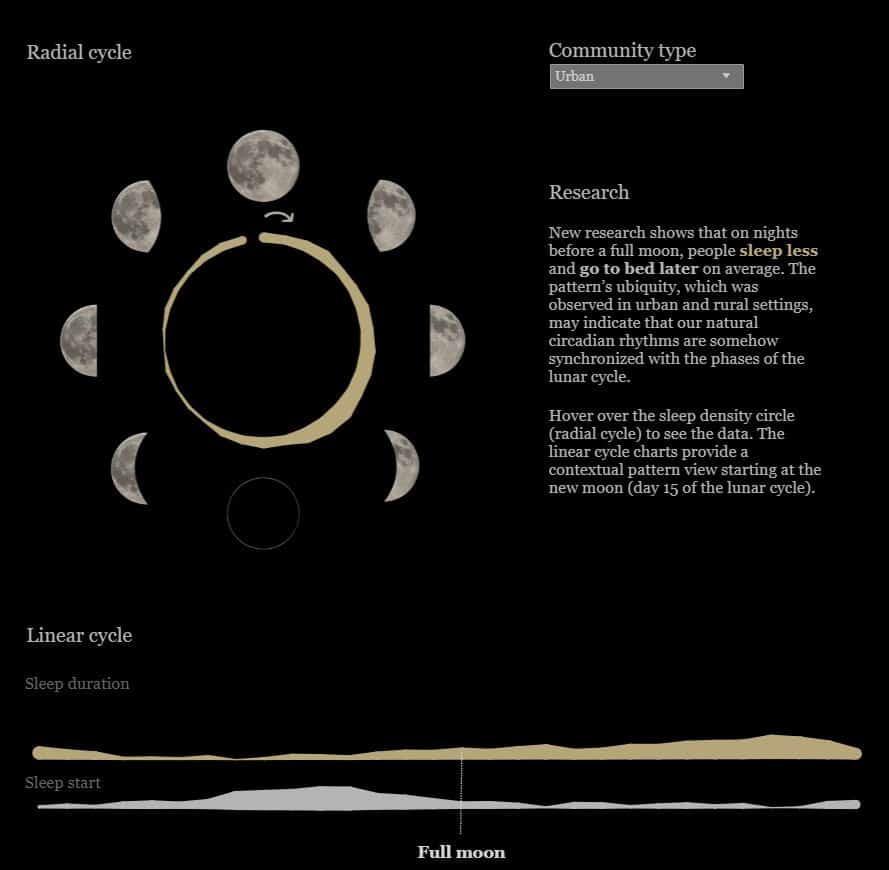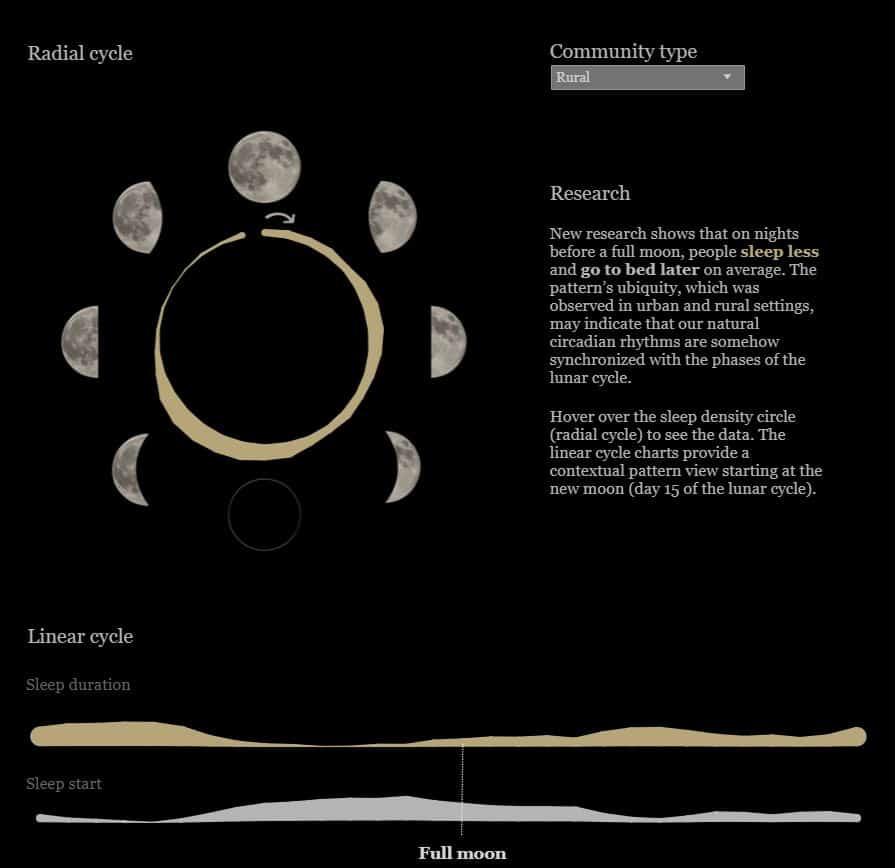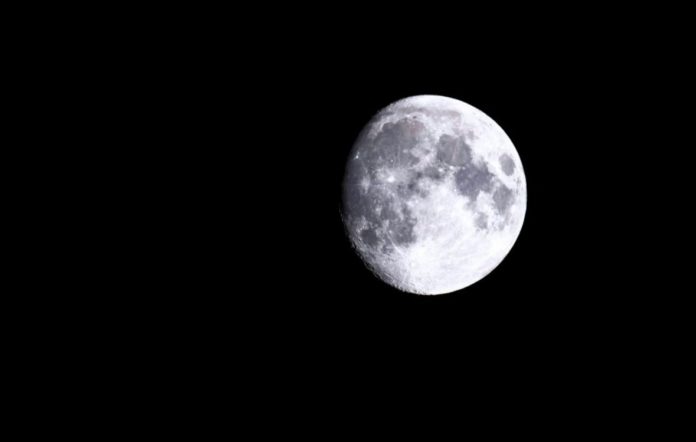Many people often blame the Moon for their mood and health. Meanwhile, Argentine and American scientists discovered that the planet’s celestial behaves differently on human and especially on our sleep.
Scientists from the University of Washington, Quilmes National University (Argentina) and Yale University say people’s sleep cycles range during the 29.5-day lunar cycle.
According to their study, published January 27 in the journal Science Advances, on the days before a full moon, people go to bed later and sleep for shorter periods.
- Brief Anger Hampers Blood Vessel Function Leading to Increased Risk of Heart Disease and Stroke – New Study
- New Blood Test Pinpoints Future Stroke Risk – Study Identifies Inflammatory Molecules as Key Biomarker
- Enceladus: A Potential Haven for Extraterrestrial Life in its Hidden Ocean Depths
- New Experiment: Dark Matter Is Not As ‘DARK’ As All We Think
- Scientists in Fear of This New Predator From Red Sea Eating Native Species in Mediterranean
The group of researchers, led by the biology professor Horacio de la Iglesia, observed these variations both in the time of sleep onset and in its duration in urban and rural settings: from indigenous communities in northern Argentina to university students from Seattle, a city of more than 750,000 inhabitants.
The scientists observed the oscillations regardless of the individual’s access to electricity, although the variations are less pronounced in individuals living in urban settings, they note.
The crescent moon is getting brighter as it moves towards the full moon. The second half of the full moon phase and the waning moons also emit significant light, but in the middle of the night, since the moon rises very late at those points in the lunar cycle.
The discovery indicates that our natural circadian rhythms are somehow in sync with the phases of the lunar cycle.
“We hypothesize that the patterns we observed are an innate adaptation that allowed our ancestors to take advantage of this natural source of evening light that occurred at a specific time during the lunar cycle,” said postdoctoral researcher Leandro Casiraghi, from the University of Washington.
- Brief Anger Hampers Blood Vessel Function Leading to Increased Risk of Heart Disease and Stroke – New Study
- New Blood Test Pinpoints Future Stroke Risk – Study Identifies Inflammatory Molecules as Key Biomarker
- Enceladus: A Potential Haven for Extraterrestrial Life in its Hidden Ocean Depths
- New Experiment: Dark Matter Is Not As ‘DARK’ As All We Think
- Scientists in Fear of This New Predator From Red Sea Eating Native Species in Mediterranean


